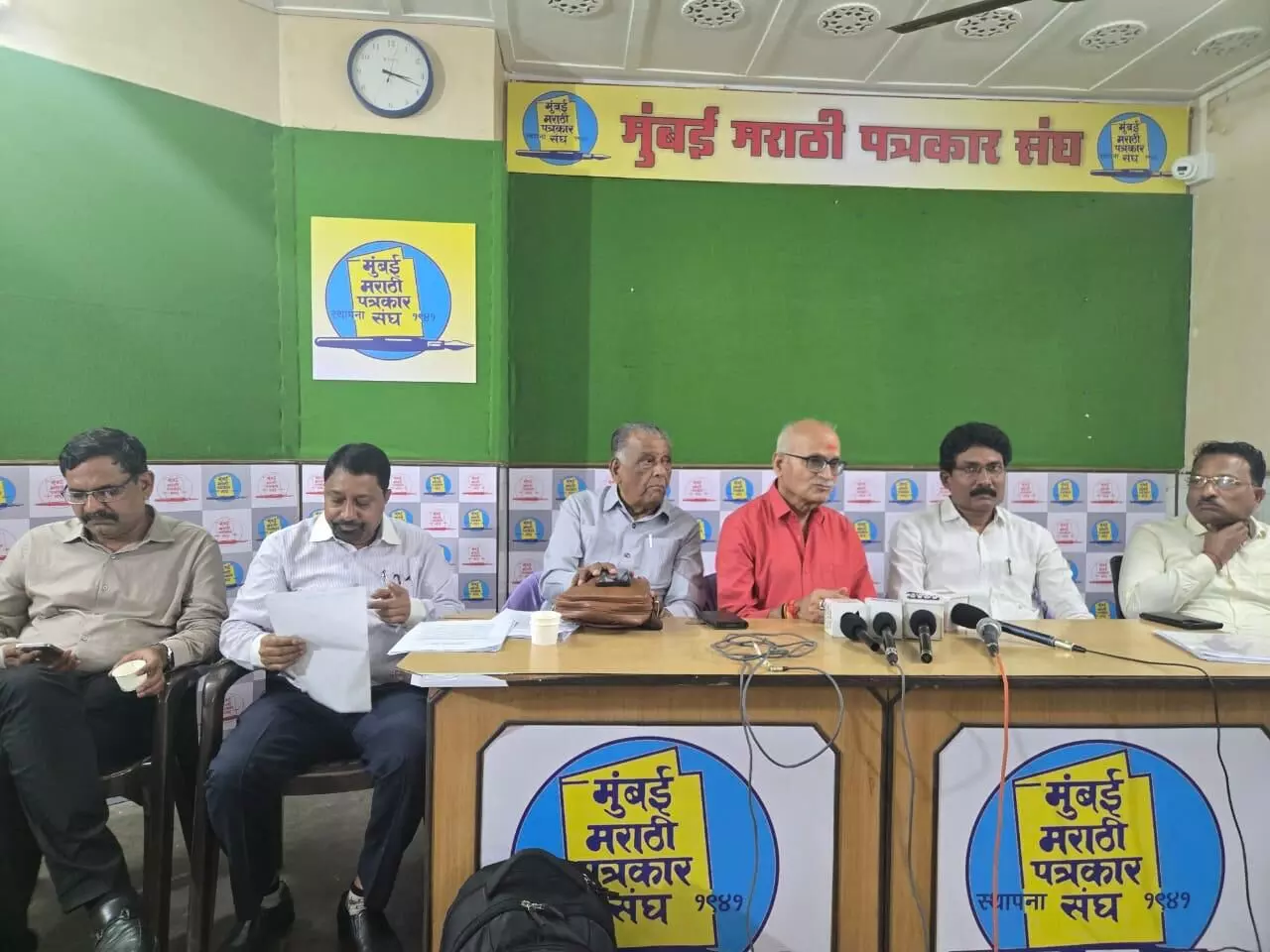Telangana power engineers demand withdrawal of Electricity Bill, proposed privatisation
Power engineers’ panel AIPEF demands withdrawal of Electricity Bill, proposed privatisation
By Newsmeter Network
Hyderabad: Power engineers’ panel AIPEF demands withdrawal of Electricity Bill, proposed privatisation
Hyderabad: The All-India Power Engineers Federation (AIPEF) and the National Coordination Committee of Electricity Employees and Engineers (NCCOEEE) demand the withdrawal of the Electricity (Amendment) Bill 2025 and halt the proposed privatisation of the power sector.
Key demands and action plan
Withdrawal of Bill: The primary demand is the immediate withdrawal of the Electricity (Amendment) Bill 2025, which they term anti-farmer, anti-consumer and anti-employee.
Massive Rally: Power employees and engineers from across the country are planning a massive rally at Jantar Mantar in Delhi on January 30, 2026, to protest the Bill and privatisation.
United Front: The NCCOEEE has decided to form a united front with farmers’ and common consumers’ organisations to launch a joint nationwide movement.
The first meeting of this united front is scheduled for December 14 in Delhi.
A joint meeting with the core committee of NCCOEEE, leaders of the Samyukta Kisan Morcha, and All India Trade Unions is planned for December 2025 in Delhi to strategise for a joint movement.
Mobilisation: Conferences of electricity workers, farmers, and consumers will be organised in all provinces from November 15 to January 25 to mobilise support, concluding with a ‘Delhi Chalo’ call for the January 30, 2026, rally.
Concerns regarding the bill
AIPEF Chairman Shailendra Dubey highlighted several concerns, stating that the Bill aims to privatise the entire energy sector and will lead to an unsustainable increase in electricity rates.
Network Access and Financial Burden (Sections 14, 42, and 43):
Private companies will be allowed to use the network of government electricity distribution companies (DISCOMs) for a nominal ‘wheeling charge.’
The maintenance and strengthening costs of the network will remain the responsibility of the government DISCOMs, while private companies profit from using the infrastructure.
This is seen as the beginning of the end for government-sector electricity distribution.
Cherry-picking consumers:
Private companies will not have the obligation of universal power supply.
They are expected to serve only profitable industrial and commercial consumers, leaving government DISCOMs to supply farmers and poor domestic consumers, leading to their bankruptcy.
Elimination of cross-subsidy:
The Bill proposes to amend Section 61(g) to eliminate cross-subsidy within the next five years and mandate cost-reflective tariffs.
AIPEF argues this will force farmers to pay monthly bills of at least Rs 12,000 for a 6.5-horsepower pump and raise tariffs for consumers below the poverty line to Rs 10-12 per unit.
Erosion of federalism
The Bill is seen as a direct intervention by the Central Government in electricity distribution and tariff determination, which is against the federal structure, as electricity is on the Concurrent List of the Constitution.
The government, however, has stated that the Bill is a reform aimed at improving financial discipline, competition, and efficiency, and that state governments can continue to provide subsidies to eligible consumers via transparent Direct Benefit Transfer (DBT) mechanisms.